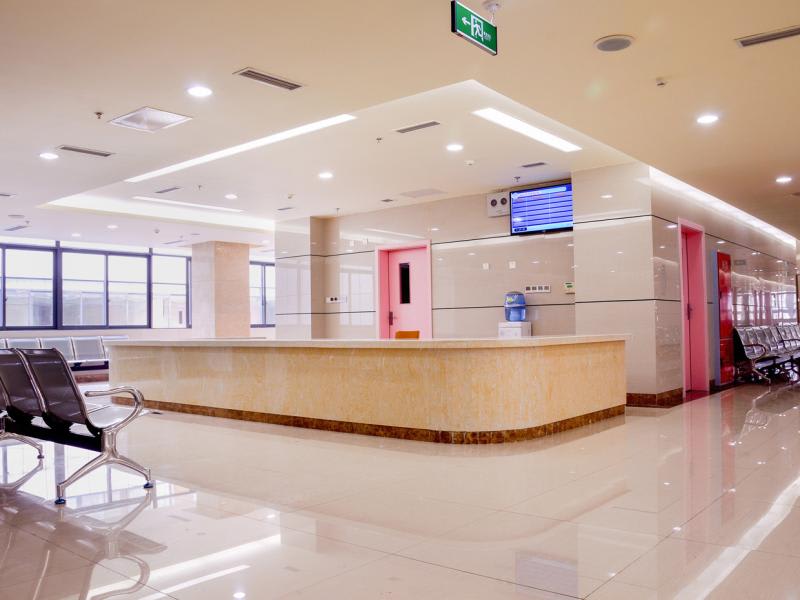A recent ruling from the ATO carries significant tax implications for NDIS providers and other businesses in the health and disability sector.
In recent Private Binding Rulings (PBRs), the Australian Taxation Office (ATO) has changed how the Fringe Benefits Tax (FBT) applies to certain work-related benefits provided to support workers. These rulings suggest that expenses related to leisure activities and meals consumed during duties may be tax-deductible if they are closely connected to the worker's employment duties.
What is the Fringe Benefits Tax?
The FBT is an area of tax compliance that impacts many organisations. It is a tax applied to most non-cash benefits that employers provide to employees on top of, or instead of, their regular pay. For example: company cars, private health insurance, low-interest loans, and entertainment expenses would all be considered ‘fringe benefits.’
The taxable value of the fringe benefits is 'grossed-up' to reflect the equivalent gross income an employee would need to earn to purchase the benefits themselves. In Australia, FBT is applied at 47% of the value of the total ‘grossed-up benefits’ provided to employees. Not-for-profit organisations are eligible for a tax exemption on FBT of up to $30,000 per employee.
For more details about the FBT, watch our Business Essentials webinar on-demand
FBT changes affecting NDIS, health and disability support workers
Support workers often consume food and drink while performing their duties. They also accompany clients on leisure activities such as visiting aquariums, zoos, theme parks, movies, sporting events, and so on.
These expenses were traditionally seen as private and potentially subject to FBT. However, recent PBRs from the ATO suggest there is scope for this expenditure to be assessed as tax deductible if it’s closely connected to the worker’s employment duties.
What is a Private Binding Ruling (PBR)?
A PBR is an official decision issued by the ATO, and it provides a layer of certainty about how tax laws relate to a specific taxpayer’s situation. If you rely on guidance from a PBR, you’re protected from penalties if the ruling is later found to be incorrect.
The new PBRs, which are particularly relevant to support workers, include:
- Leisure activities: If a support worker accompanies clients to leisure activities that are directly related to their disability goals and supports (for instance, social and community participation) these expenses could be deductible if sufficient evidence is supplied.
- Meals during duties: If a support worker consumes meals while performing their duties because it is necessary (such as assisting a high-needs client during meal times), they may be deductible.
These rulings recognise that the nature of support work often blurs the line between private and work-related expenses.
Practical applications for employers and employees
The ATO provides practical examples of the potential benefits for both employers and employees.
For employers
If your organisation covers certain expenses for support workers – such as meals or entry to community activities – you may be able to reduce the FBT payable using the ‘otherwise deductible rule’.
This rule allows you to treat the expense as if the employee would have claimed it as a tax deduction had they paid for it themselves. If this applies, the taxable value of the benefit can be reduced to nil.
This offers a potential tax benefit for both not-for-profit and for-profit employers, as it lowers the FBT exposure while allowing the organisation to support staff in performing their duties.
For not-for-profit employers: If an expense is exempt under the otherwise deductible rule, it won’t count towards the annual FBT exemption cap per employee. This allows you to make the most of both concessions without incurring additional tax.
For employees
If you are a support worker and your organisation doesn’t cover the cost of leisure activities or meals related to your work, you may be able to deduct the cost in your income tax return. To claim this deduction, you must keep appropriate records of the transactions and evidence that the activities or meals were directly related to your employment. However, this also means you will be paying the expense out of pocket and must wait until the end of financial year to be reimbursed through your tax refund.
By understanding and applying the FBT legislation correctly, you can minimise your tax exposure and optimise financial management. Ensuring your record-keeping and payroll systems align with these new rulings will also help you accurately claim deductions and avoid unnecessary costs.
How RSM can help
RSM is particularly skilled both in navigating FBT legislation and in supporting the NDIS, health and disability sector.
With a team of business advisors who specialise in the healthcare and disability sector, you can ask RSM to assist your organisation with:
- Cashflow review, including tax treatment of expenses
- Pricing strategies
- Annual tax compliance
- Forecasting and budgeting
- Improving financial reporting systems
- And a whole suite of business services.
We can help you navigate the recent FBT changes, assess which employee expenses are eligible, and ensure your processes are set up to reduce unnecessary FBT liability while maintaining compliance.
FOR MORE INFORMATION
For more information about fringe benefits tax, or how RSM can support your organisation, please contact your local RSM office.






